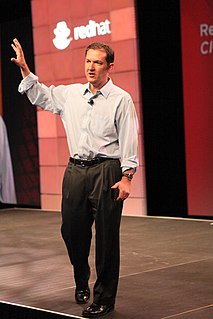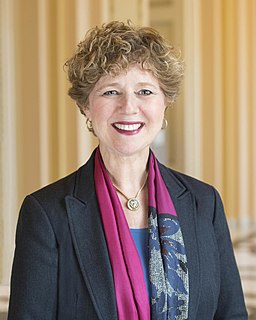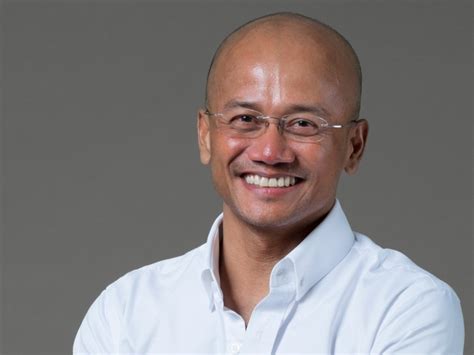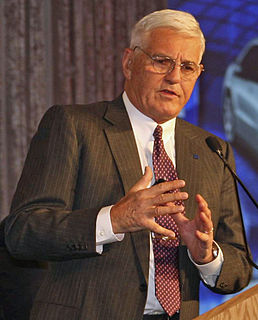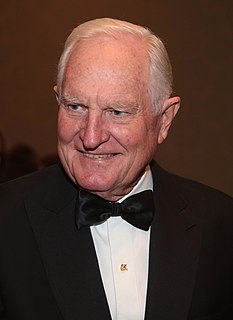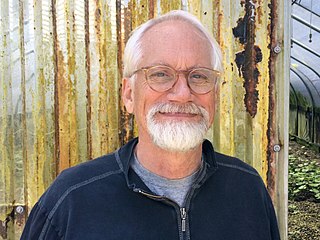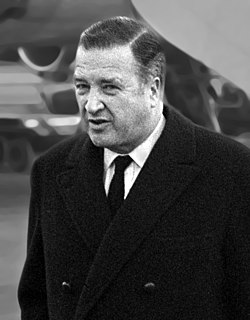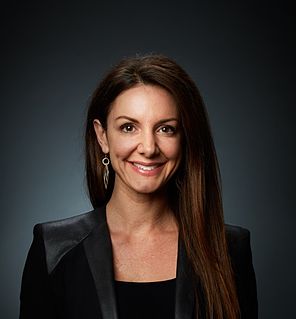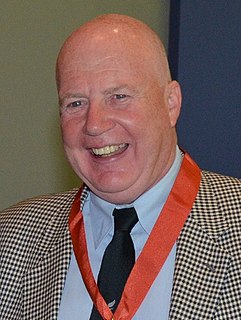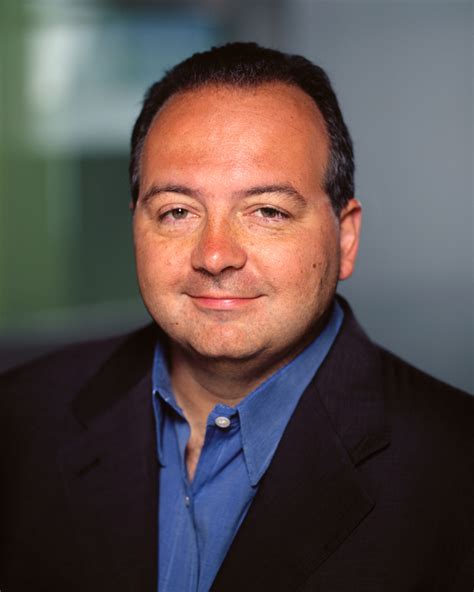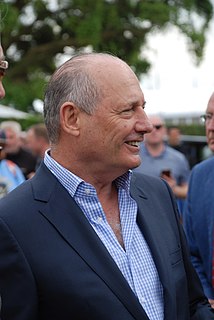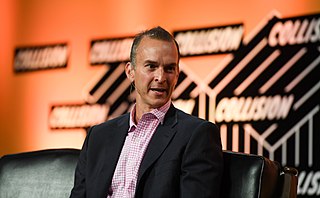A Quote by Jim Whitehurst
Open source isn't about saving money, it's about doing more stuff, and getting incremental innovation with the finite budget you have.
Quote Topics
Related Quotes
When you raise the budget, you make creative compromises. The higher the budget goes, the more cuts in your movie happen. When people talk about how movies are watered down, that's a direct reflection of money and budget. The less money you spend; the more risks you can take. That doesn't mean it will be successful, but at least you can try different stuff. The higher your budget is, the less you can do that.
The Open Source theorem says that if you give away source code, innovation will occur. Certainly, Unix was done this way... However, the corollary states that the innovation will occur elsewhere. No matter how many people you hire. So the only way to get close to the state of the art is to give the people who are going to be doing the innovative things the means to do it. That's why we had built-in source code with Unix. Open source is tapping the energy that's out there.
If an open source product gets good enough, we'll simply take it. So the great thing about open source is nobody owns it - a company like Oracle is free to take it for nothing, include it in our products and charge for support, and that's what we'll do. So it is not disruptive at all - you have to find places to add value. Once open source gets good enough, competing with it would be insane. We don't have to fight open source, we have to exploit open source.
The Profit and Loss Statement tells you a lot about how your business is doing. It can also help you to determine ways that you can go about saving money so that you get to bring more money home! Basically, the P&L statement measures all of your income sources verses all your business expenses for any given period of time.
I don't like doing action movies. They're not that interesting... it's fun to do the physical element but the really fun stuff, like running into exploding buildings, they won't let you do. There's too much money riding on you not getting hurt. But yes, there's something exhilarating in just sitting on a beach with somebody having a real conversation. There's something exhilarating about being open and honest.
